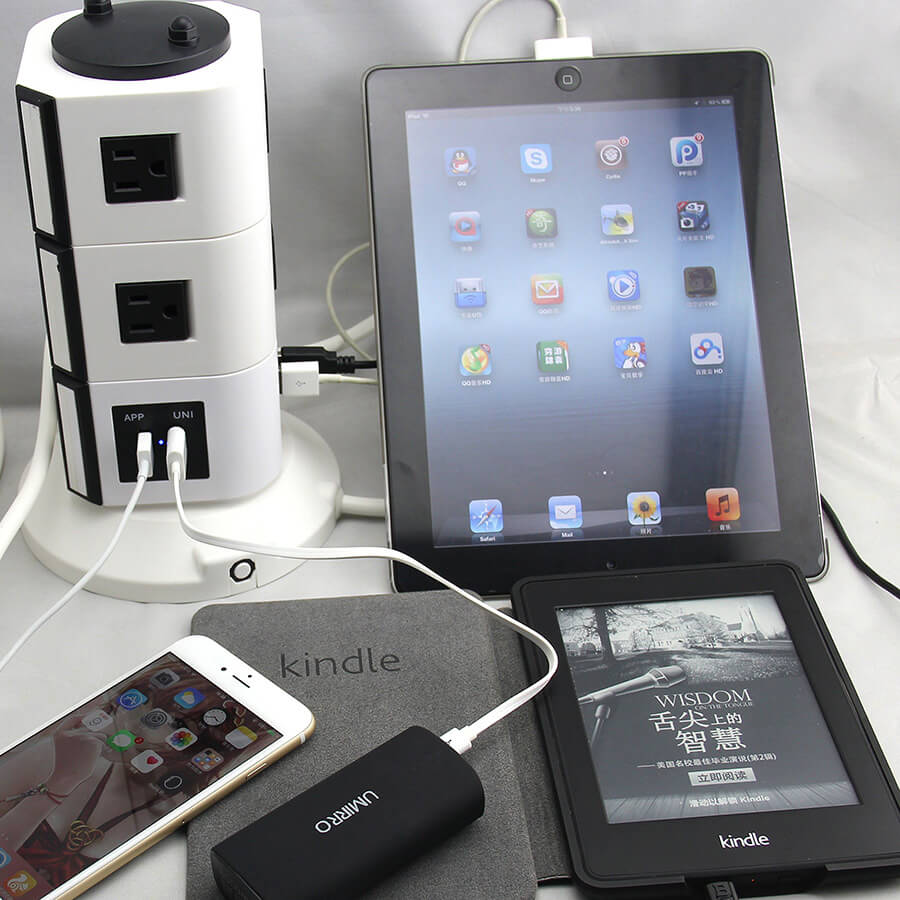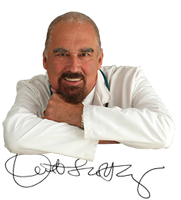This week I was interviewed for Google’s own staff health and hygiene department. The topic I was asked to speak to was stress and how to deal with it. My good buddy Patrick Porter at BrainTap chaired the interview between me and Google’s in-house expert (who remains nameless).
These are stressful times, for sure. Of course I did not mention that Google and its monkey business are stressing up the environment more than COVID, politics and the economy all put together!
I made a list of subheads and realized I had a whole eBook ready to create! Over the next few weeks I’ll share it with you. But I decided for today’s email I’d run over some of the topics I covered.
The View From 30,000 Feet
First off, what do we mean by stress? Good point. For animals (and plants) it’s easy: the anxiety-tension caused by the threat of dying. But we need something a bit more subtle for humans. Basically, for us, it’s some degree of discomfort—a lack, a want, a need—whether it’s for physical requirements, such as food, sex and water, or psychological needs, such as safety, affection and fulfillment.
I couldn’t resist trotting out my own very clever definition of stress, which is the difference between what you’ve got and what you wanted! If you want to be wealthy and you are broke, that’s stress—a lack, an unfulfilled desire. But if you just want to collect butterflies or work among the sick in Calcutta (Kolkota?), like Sister Teresa, you may not want much money. In other words the gap between what you have and what you wanted is far less than the person who craves wealth.
Therefore you could be very happy, just messing about in boats, fishing or writing poetry!
But then I needed to point out that a person’s perspective enters into it. What is stressful to one person could be an amusing challenge to another; same situation, different response.
Finally, I divided stress up into physical (physiological stress) and psychological stress. Of course there is a huge overlap and one leads to the other and vice versa. But by physical stressors, I mean things like poor nutrition, lack of sleep, a virus or bacterial illness and by psychological stress, I mean threats such as redundancy, divorce, bankruptcy and traumas.
The View From 10,000 Feet
Then coming on down, we looked at the view from 10,000 feet, where I would point out that there are really two sides of the coin: things to AVOID, because they cause stress and things to GO FOR, because they mitigate stress. And of course LACK of the good things in life is stressful, as surely having bad things going on. It’s that gap again!
So: lack of sleep, that wondrous restorative, is stressful. Lack of enough money for basic needs is stressful.
You can look on lessening stress in terms of eliminating the bad (always a good thing) and bringing in more of the good (always a good thing!)
Let’s go lower, down to ground level.
Bad Things To Eliminate
- Eat better. Avoid sugar and manufactured foods.
- Smoking (a major brain irritant)
- Be cautious with alcohol, which appears in both the good and bad column!
Electronic toys. We all spend far too much time with our cellphones, tablets, computers and other gadgets, without considering that the EMF currents themselves are dangerous and damaging. It’s not just 5G; it’s all EMFs. Convenience or passing the time are not worth the risk of a brain tumor, in my view.
But it’s more than that: these devices are incredibly obtrusive, thrusting into your mind over and over, when you want peace and quiet. The time was when you could just log onto a domain you were interested in, and engage in a very satisfying and relaxing manner.

Nowadays you are constantly hammered by pings, tings, alerts and other notifications. Not to mention the actual calls and messages. Plus so many emails. Plus you are thrown screen after screen and have to OPT OUT of being pestered, rather than them having to ask your permission. That’s how arrogant and ruthless these tech giants have become.
It’s endlessly disruptive. It all adds up to more and more and more stress. Our brains are not allowed to be still and quiet, even for a minute. The geeks and nerds get their bonuses; we get neurological overload.
Television is surely the worst, with a constant diarrhea of meaningless (and fake) news pap plus “drama” showing the worst of humankind. I especially deplore the violence, sickness and corruption depicted in front of children (whatever happened to the watershed hour?) It’s highly stimulating, often frightening or unsettling and always phoney to life. Stupidly enough, it’s ersatz stress or stress-by-proxy. BUT IT’S STILL STRESSFUL!
Why do we do it?
Good Things To Do
OK, on the positive side, what can we do?
Alcohol, I mentioned, goes in both columns. It does relax us in moderation. It’s anti-stress effect (I’m talking wine here, not beer or spirits) is way more important than any supposed “active ingredient”, such as resveratrol. It releases inhibitions and builds camaraderie. Just go easy, OK?
Now… have a guess what you think is the MOST valuable stress-busting relaxation: music, golf, gardening, walking? Nah. It’s reading a book. Really!
A study conducted at Mindlab International at the University of Sussex (UK) analyzed cortisol levels and heart rates of participants before observing how they responded to different tasks. Reading books lowered their stress levels more than all the other activities participants engaged in.1
This included listening to music (61 percent less), having a cup of tea or coffee (54 percent), and taking a walk (42 percent). They also found that playing video games lowered stress levels by 21 percent, but increased heart rate.
Thing is, it only took 6 minutes a day of reading to produce real, MEASURABLE anti-stress benefits.

“Losing yourself in a book is the ultimate relaxation,” Dr. David Lewis, researcher, and cognitive neuropsychologist said. “It really doesn’t matter what book you read; by losing yourself in a thoroughly engrossing book, you can escape from the worries and stresses of the everyday world and spend a while exploring the domain of the author’s imagination.”
“This is more than merely a distraction,” he added, “but an active engaging of the imagination as the words on the printed page stimulate your creativity and cause you to enter what is essentially an altered state of consciousness.”
Of course, it all depends on what you choose to read. If you mostly read the news, porn or horror comics, you will likely feel even more stressed or depressed due to the harmful content. However, if you read about light-hearted, positive topics such as how to start a garden or how the planets affect our moods, you will notice a decrease in stress.
Well, I’m out of space already. We still have to look at relaxing supplements and herbs, going back to nature, such as forest bathing (Japanese: shinrin-joku), loving conversation, walking (great for the cardiovascular system and anti-aging), electromagnetic devices that induce brain relaxation and euphoria, and finally dumping the effect of past experiences, which help to keep alive stress and trauma.
A lot to get through!
Till then, stay chilled. Nils in ultime carborundum, as we used to say at med school: It’s cod Latin for don’t let the bastards grind you down!
To your good health,
Prof. Keith Scott-Mumby
Reference:
1. https://www.powerofpositivity.com/reading-6-helps-reduce-increase-happiness/
Meantime:
Relaxing electronic devices here.
Better eating here.
The post Stressful Times What To Do appeared first on Dr. Keith Scott-Mumby.

